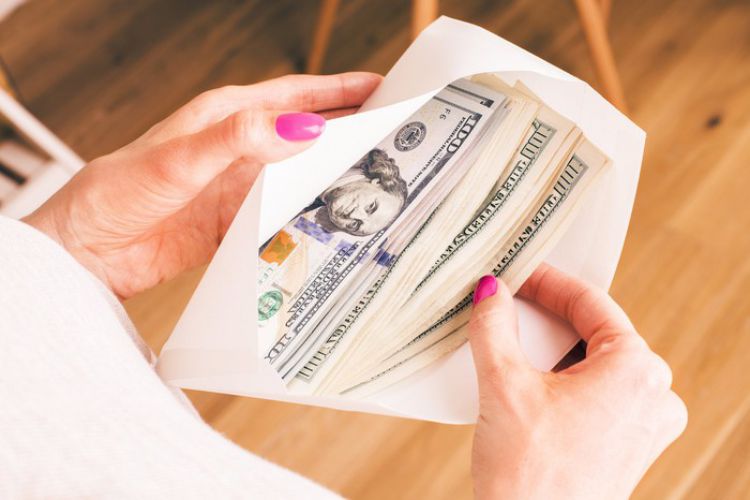 The pandemic has plunged the economy into chaos. Countless citizens are forced to live off their emergency funds because of job instability or the rising cost of essential products. But what happens when even the emergency stash runs out? Even just the thought of it is very daunting. We have compiled some full-proof ways to manage your situation if your emergency fund has been wiped out:
The pandemic has plunged the economy into chaos. Countless citizens are forced to live off their emergency funds because of job instability or the rising cost of essential products. But what happens when even the emergency stash runs out? Even just the thought of it is very daunting. We have compiled some full-proof ways to manage your situation if your emergency fund has been wiped out:
- Reduce your monthly budget to half: Sit down and analyze your monthly budget. Even if everything seems necessary, you still need to cut down on the expenses that have the least priority. If you have any club memberships or subscriptions, it might be best to cancel them until your financial situation improves. You can always resume them once your condition is better. Keep a close eye on your daily expenses and try to spend as little as possible.
- Look for part-time work: If you have lost your job because of the pandemic or your payment isn’t enough, it would help if you started looking for a side hustle. Many retail stores are looking for part-time employees to work particular shifts because of all the stockpiling and confusion. You could also look for gigs on DoorDash, Fiverr, or TaskRabbit. Getting a freelance job would also benefit you, as you wouldn’t need to travel for it.
- Bills: Cables, insurance, and plans can constantly be renegotiated to a lower plan. Your retailer might hesitate at first, but you can get them to lower your rates if you do a bit of research before calling them. If they still don’t listen, look for other programmers who offer a lower rate and switch to them.
- Hit pause on your retirement savings: If you have been saving for your retirement, you can pause it for a while. It might help you save a few hundred dollars and help you pay some of your pending bills or manage your emergency fund. However, make sure your resume contributes to your retirement savings once your situation improves.
- Minimum repayment of debts: If you have loans to repay, try to pay just the minimum amount. It’s always advisable to pay more than just the minimum amount, but this will take a back seat when you use your emergency fund. If possible, try to pay the bare minimum of your loan installments and other debts and prioritize covering your home expenses.
How to set up the emergency fund again?
Once your financial situation is better, it’s time to start the emergency fund again. This time, you should be better prepared for what might come. The amount in the emergency fund depends on two things- how much you earn per month and your monthly expenses. While putting together an emergency fund, it’s advised to clear all your debts first, be it from the bank or your friends and relatives. Once all the loans are taken care of, start by putting at least $1,000 in your starter emergency fund. Although it’s not enough, you’re at least starting again. And that’s why it’s called the “starter fund.”
Once your home expenses and loans are paid, calculate 3–6 months of monthly expenses. Place this amount in your emergency fund, and if you can, put in a few hundred dollars extra. The more considerable the amount, the longer it would last during emergencies.
The Final Word
An emergency fund is more than just a financial cushion during a crisis; it helps reduce the stress and anxiety of a financial crisis. If you still cannot manage the situation, CASH 1 offers various flexible bank loan substitutes to help you out. From title loans, lines of credit to personal loans, it would take a mere few minutes to apply.


